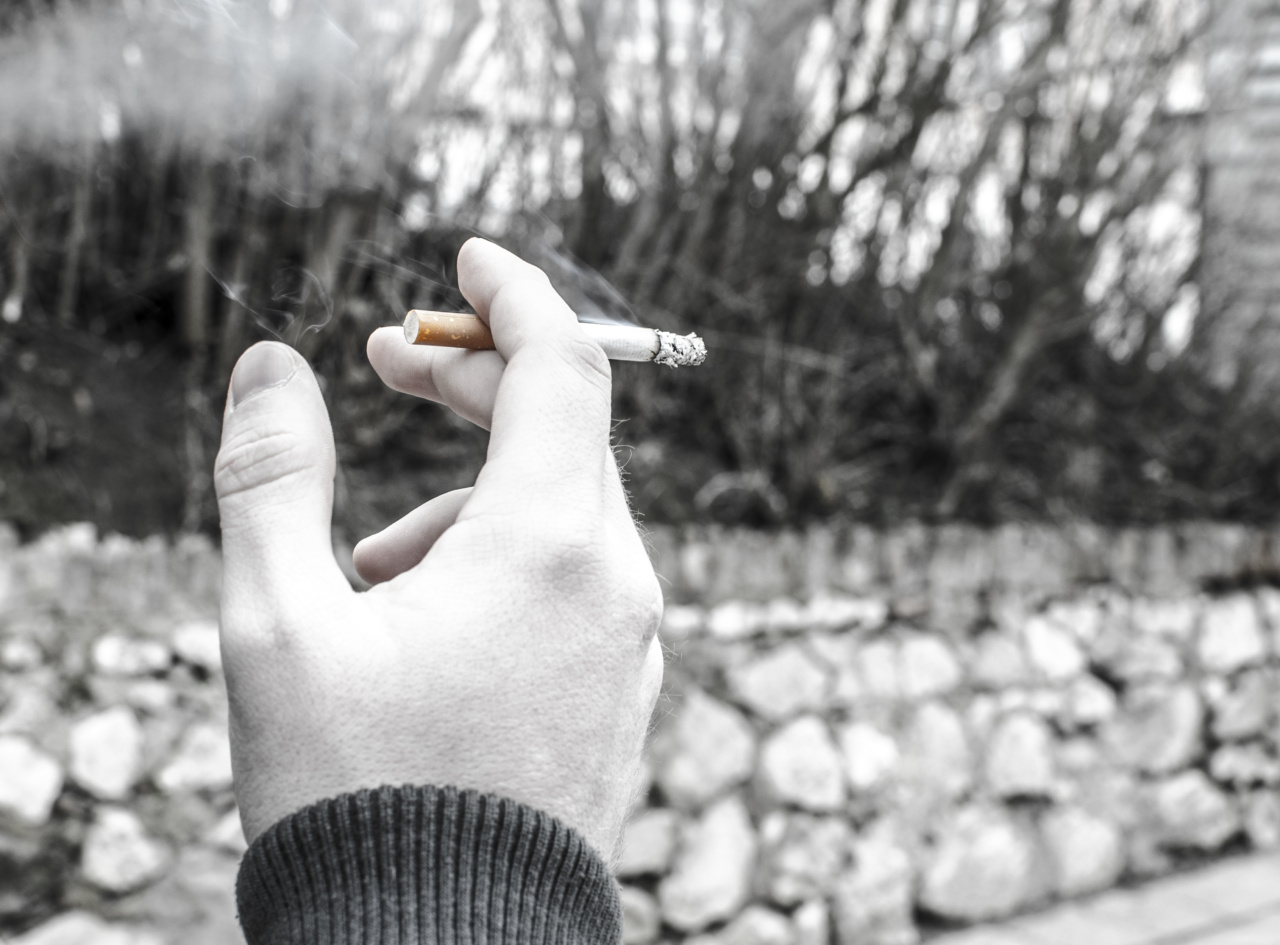Sneezing is a natural reflex that helps to expel irritants from our nasal passages. It is usually accompanied by a sudden and forceful release of air through the nose and mouth, which helps to clear the respiratory tract.
While it might be tempting to hold in a sneeze, especially in public or in situations where you don’t want to disturb others, doing so can actually be detrimental to your health. In this article, we will explore why you shouldn’t hold in a sneeze and the potential consequences it can have on your well-being.
1. Increased Pressure
When you hold in a sneeze, you prevent the natural release of air and force it back into your nasal passages. This creates a significant buildup of pressure in your sinuses, middle ear, and Eustachian tubes.
The increased pressure can cause discomfort, pain, and even damage to these delicate structures.
2. Risk of Sinusitis
Holding in a sneeze can increase your risk of developing sinusitis, which is the inflammation or infection of the sinus cavities.
The excess pressure from holding in a sneeze can cause irritation, blockages, and inflammation in your sinuses, creating an ideal environment for bacteria or viruses to thrive. This can lead to a sinus infection and subsequent symptoms such as facial pain, nasal congestion, and headaches.
3. Nasal Damage
The forceful suppression of a sneeze can cause damage to the delicate blood vessels and tissues in your nose. This can result in nasal bleeding, also known as epistaxis.
Furthermore, the excessive pressure can lead to a condition called a septal hematoma, where blood collects between the cartilage and lining of the nasal septum. Septal hematomas need to be promptly drained to prevent complications such as nasal deformities or infection.
4. Ear Problems
The pressure created by holding in a sneeze can also affect your ears. The Eustachian tubes, which are responsible for equalizing the pressure between the middle ear and the outside environment, can become blocked or inflamed.
This can result in symptoms such as ear pain, muffled hearing, tinnitus (ringing in the ears), and even temporary hearing loss. In severe cases, it can lead to an ear infection or rupture of the eardrum.
5. Eye Complications
When you suppress a sneeze, the excessive pressure can also transmit to your eyes. This can cause a temporary increase in intraocular pressure, which is the pressure within the eyeball.
While this pressure elevation is usually harmless, it can be risky for those with certain eye conditions such as glaucoma. In rare cases, holding in a sneeze can lead to blood vessel damage, retinal detachment, or burst blood vessels in the eyes.
6. Spread of Infections
Sneezing is a mechanism through which our bodies expel irritants and infectious particles. By holding in a sneeze, you prevent these particles from being expelled.
This can significantly increase the risk of spreading infections, especially respiratory infections such as the common cold or flu. The airborne particles can linger in your respiratory tract, increasing the likelihood of contracting or passing on the infection to others.
7. Discomfort and Pain
Suppressing a sneeze can be uncomfortable and even painful. It can cause a buildup of pressure in your nasal passages, creating a feeling of fullness or congestion.
Additionally, holding in a sneeze might lead to muscle strain in your face, chest, or abdomen. It can also cause headaches or trigger migraines in susceptible individuals.
8. Potential Heart Risks
Some studies suggest that holding in a sneeze can temporarily increase the strain on your heart. The sudden and forceful suppression of a sneeze can cause a brief increase in blood pressure, heart rate, and tension in your chest muscles.
While this is unlikely to cause significant problems in healthy individuals, it might pose a risk to those with underlying heart conditions.
9. Psychological Impact
Apart from the physical consequences, holding in a sneeze can also have psychological effects. The constant suppression of a natural reflex can lead to heightened anxiety or stress surrounding sneezing.
This might result in a fear of sneezing, commonly known as sneezophobia. Over time, this fear can become debilitating and impact a person’s daily life and social interactions.
10. Healthy Alternatives
Instead of holding in a sneeze, it is recommended to practice proper sneezing etiquette. When you feel a sneeze coming on, try to cover your mouth and nose with a tissue or the crook of your elbow.
This helps to contain the droplets and minimize the risk of spreading infections while allowing the sneeze to be expelled naturally.
In conclusion, holding in a sneeze can have numerous negative effects on your health. It can lead to increased pressure, sinusitis, nasal damage, ear problems, eye complications, and discomfort.
Additionally, it can increase the risk of spreading infections and pose potential risks to the heart. It is essential to allow sneezes to occur naturally while practicing good hygiene and using proper sneezing etiquette. Remember, suppressing a sneeze may seem courteous in the moment, but your health should always be a priority.






























